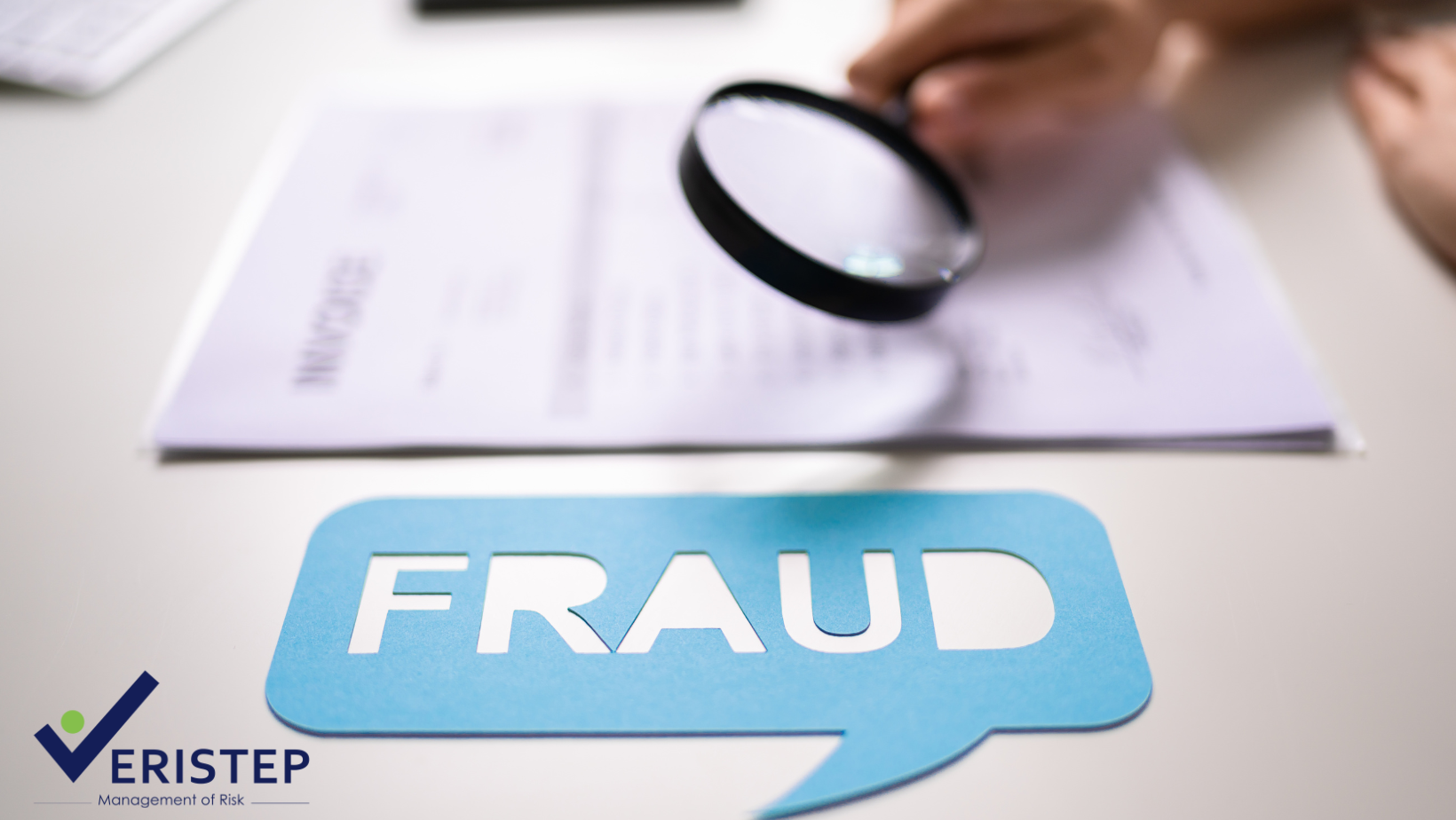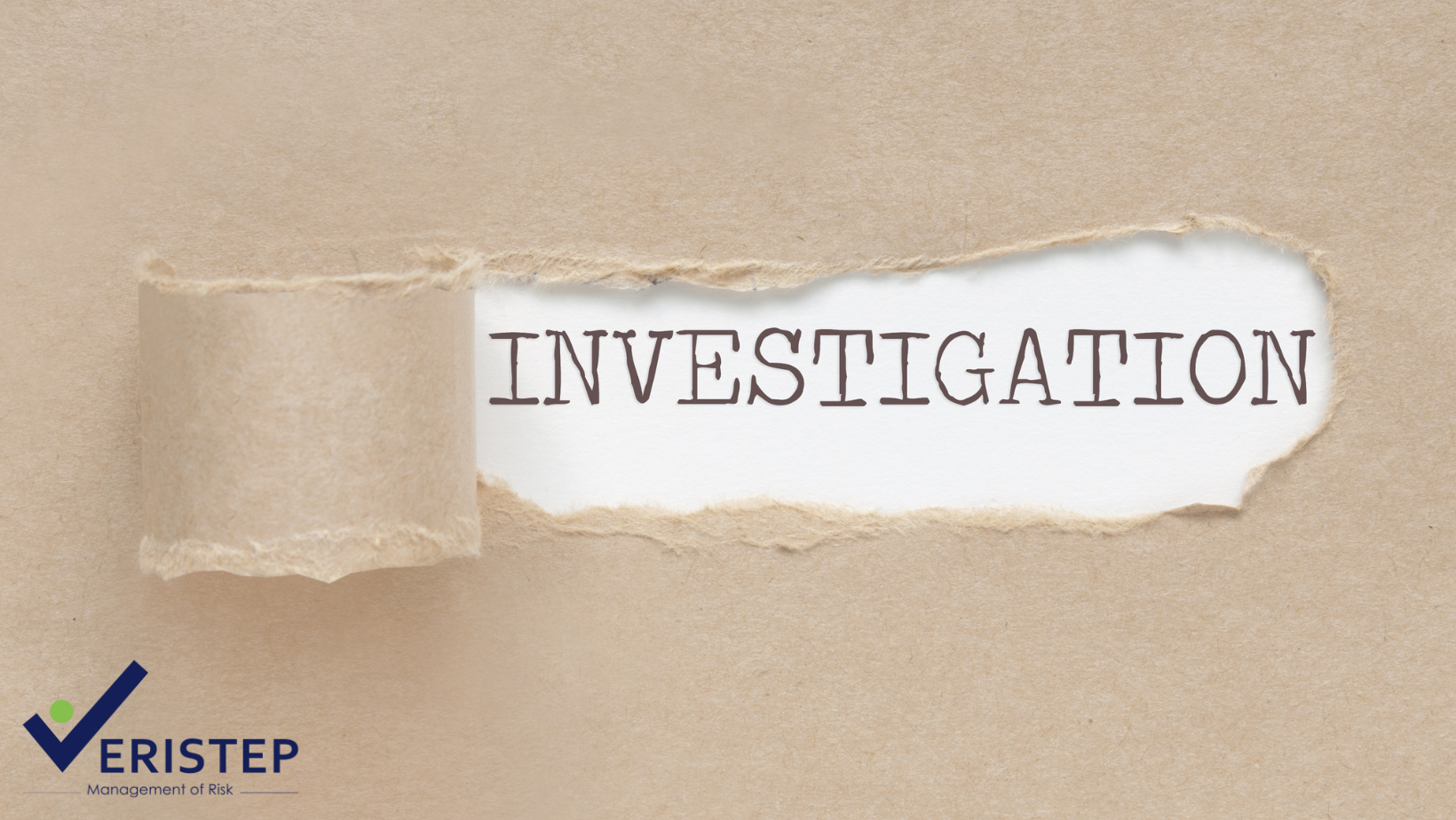What to Expect In A Due Diligence Investigation
When entering into a business transaction, such as a merger, acquisition, or partnership, it’s crucial to ensure that all the facts are on the table. A comprehensive due diligence investigation is an essential step in safeguarding your interests and minimizing risk. This process involves the systematic evaluation of a company’s financial, legal, and operational details to ensure that everything is as it seems. What Is Due Diligence? Due diligence refers to the careful examination and evaluation of a business or individual before signing a contract or making an investment. The goal is to assess any potential risks, liabilities, or inconsistencies that could affect the outcome of the transaction. Key Aspects of a Due Diligence Investigation A comprehensive due diligence investigation typically covers the following areas: Financial Evaluation: Investigators scrutinize the company’s financial statements, revenue streams, and tax filings to ensure they are accurate and reflect the business's actual financial health.








